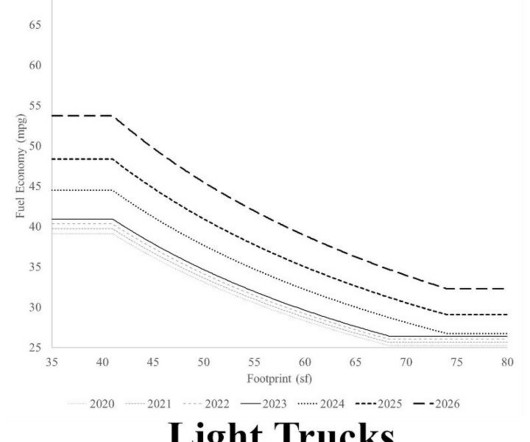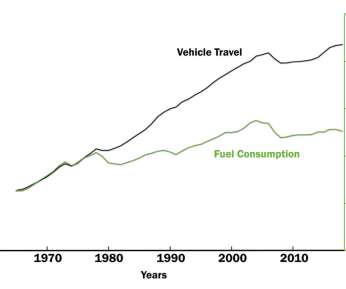Cheap Oil Will Last A Decade, Says Huge Oil Trader
Green Car Reports
FEBRUARY 9, 2016
The low oil prices that boosted new-car sales and caused average fuel-economy gains to sputter last year may be here to stay, for a while at least. With fuel prices low throughout 2015, Americans bought more new cars, but many of them were less-efficient SUVs and crossovers.












Let's personalize your content